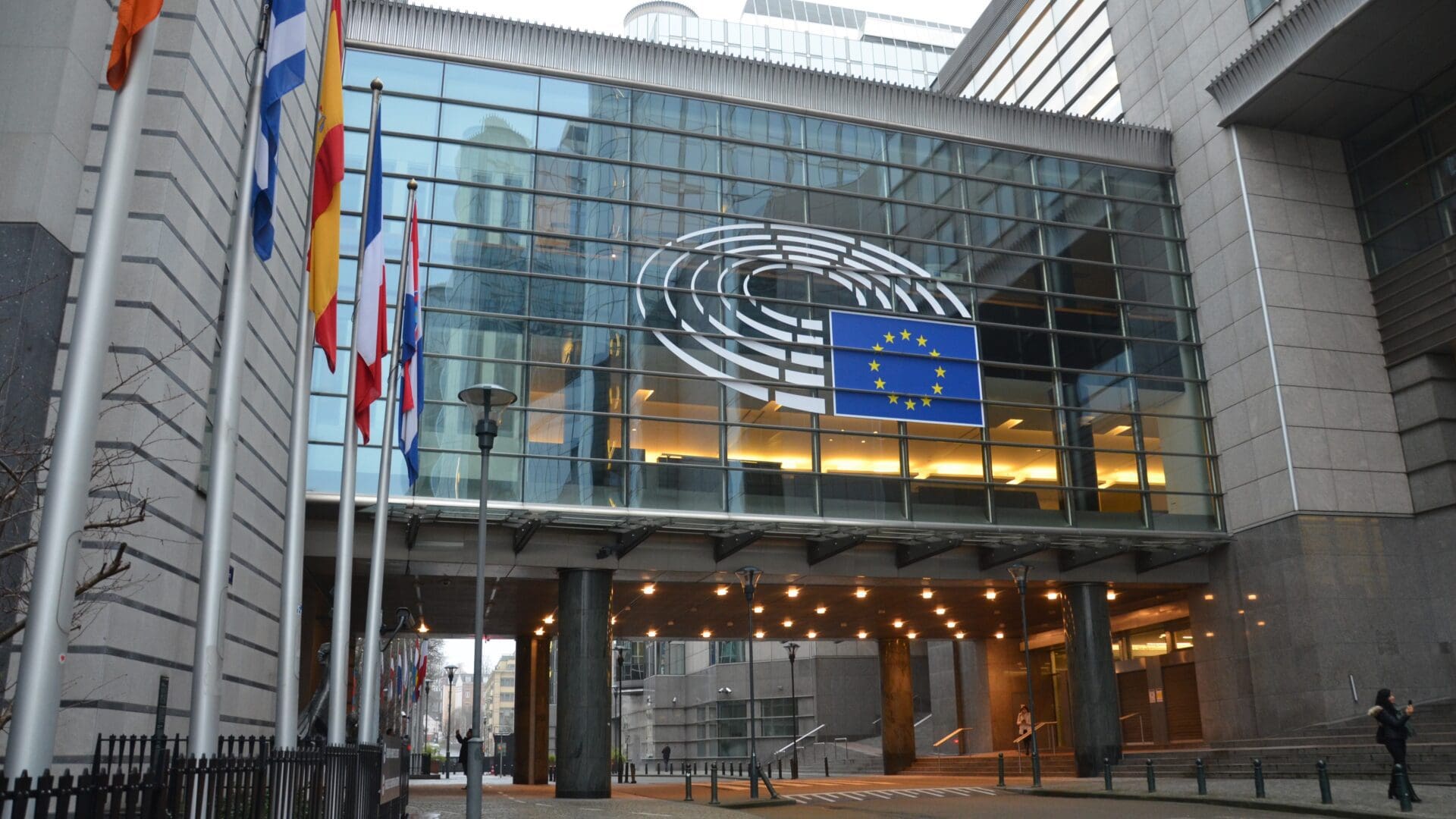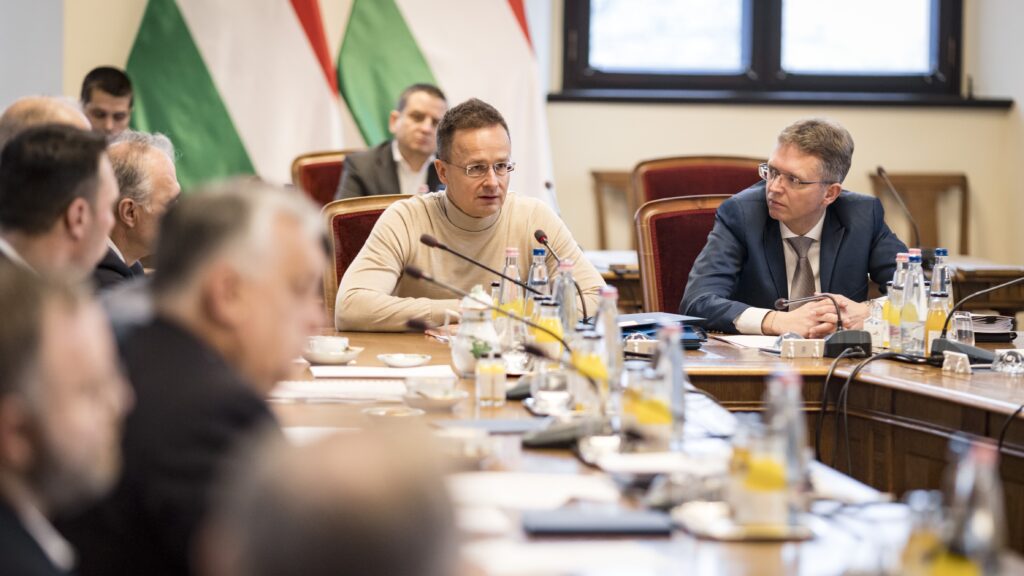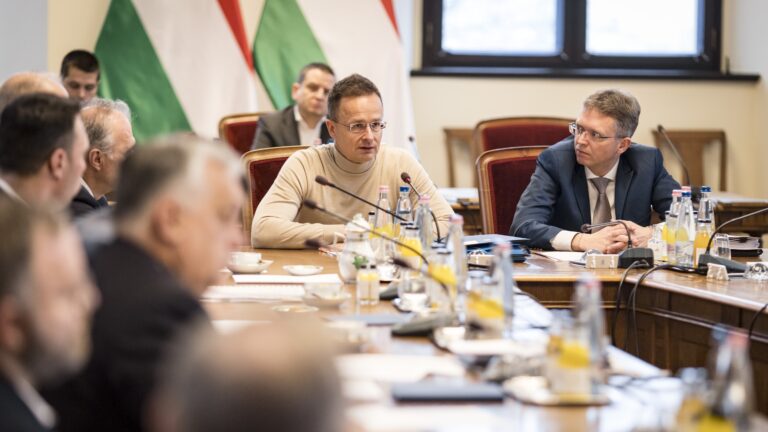On Wednesday, 5 November, the European Union Committee on Civil Liberties (LIBE) adopted its second interim report on the Article 7 procedure, which had been implemented by the EU Parliament in 2018, by 51 votes in favor, 21 votes against, and two abstentions.
The ratification criticized Hungary’s ruling Fidesz Party for purportedly violating the EU rule of law.
Some ‘areas of concern’ the Members of the European Parliament (MEPs) raised, yet again, were corruption and conflicts of interest and freedom of expression, including media pluralism; academic freedom, specifically that religious education in public schools is increasingly focused on Christian teachings vis-à-vis marriage between male and female; freedom of religion, such as not granting the Church of Scientology sect the same privileges as the Catholic Church; the right to equal treatment, including LGBTIQ rights, the rights of minorities, as well as those of migrants, asylum seekers and refugees, and so forth.
The MEPs stressed that the Hungarian situation, which threatens the entirety of the EU’s values and its legal order, has continued to worsen, noting that the Council’s inaction has contributed to this. Subsequently, Hungary is being accused of becoming a ‘hybrid regime of electoral autocracy’, calling once more for the activation of the procedure under Article 7(2) TEU.
They also pointed to the opinion delivered by EU Court of Justice Advocate General Tamara Ćapeta in European Commission v Hungary of 5 June 2025, confirming that infringement proceedings can be filed ‘in cases where the negation of a value is the root cause of other breaches of EU law’, and urge the Commission to seize this opportunity should the Court confirm the reasoning.
The paradox, if not hypocrisy, on the part of the EU is that its so-called enforcement of the rule of law or founding values, whatever those are supposed to be, is in direct violation of the principle of subsidiarity as stipulated by TITLE I – Common Provisions, Article 5.
According to the document, subsidiarity is a principle of social organization that holds that social and political issues should be dealt with at the most immediate or local level that is consistent with their resolution. In other words, the EU shall:
- act only within the limits of the competences conferred upon it by the Member States in the Treaties to attain the objectives set out therein; competences not conferred upon the Union in the Treaties remain with the Member States;
- act only if and in so far as the objectives of the proposed action cannot be sufficiently achieved by the Member States, either at the central level or at the regional and local level, but can rather, by reason of the scale or effects of the proposed action, be better achieved at Union level;
- apply the principle of subsidiarity as laid down in the Protocol on the application of the principles of subsidiarity and proportionality. National Parliaments ensure compliance with the principle of subsidiarity in accordance with the procedure set out in that Protocol;
- apply the principle of proportionality as laid down in the Protocol on the application of the principles of subsidiarity and proportionality.
The principle of subsidiarity was first enunciated on 15 May 1931 by Pope Pius XI in his Encyclical Quadragesimo Anno as part of the social teaching of the Catholic Church. In essence, it is the concept that what individuals and lower institutions can do shall not be reserved to a superior authority:
‘The supreme authority of the State ought, therefore, to let subordinate groups handle matters and concerns of lesser importance, which would otherwise dissipate its efforts greatly. Thereby, the State will more freely, powerfully, and effectively do all those things that belong to it alone because it alone can do them: directing, watching, urging, restraining, as occasion requires and necessity demands. Therefore, those in power should be sure that the more perfectly a graduated order is kept among the various associations, in observance of the principle of “subsidiary function”, the stronger social authority and effectiveness will be, the happier and more prosperous the condition of the State.’
This was not conceived by the Pontiff as if it were to be a mere ideology wanting of historical foundation, like Hegel’s absolute idealism. Pius XI put this principle in response to Benito Mussolini’s dictatorship, which, aside from exploiting those who had not signed onto his fascist tenets, was seeking ‘to tear the young—all the young—away from the Church’. Indeed, his aim was to indoctrinate the minds of youth, ‘from their tenderest years up to manhood and womanhood’ in order, Pius XI said, to establish ‘a real pagan worship of the State’.
‘What the EU is doing is an abuse of authoritative power, just like Mussolini had been doing against the minority that did not hop on board his fascist bandwagon’
It is bad enough that the EU has sought to interfere within the body politic of Hungary, which, as per the Preamble of its Constitution, is a Christian nation-state, and subsequently must defend Christian principles, like that of the institution of marriage between male and female. In fact, what the EU is doing is an abuse of authoritative power, just like Mussolini had been doing against the minority that did not hop on board his fascist bandwagon.
The ultimate duplicity of subsidiarity in the EU is that the concept in itself presumes higher and lower levels of government, i.e., a hierarchical level in government, something the EU body politic claims not to have because each member state is to be considered an equal.
Related articles:







